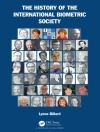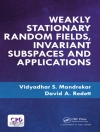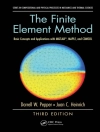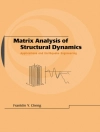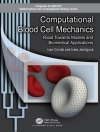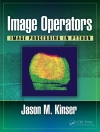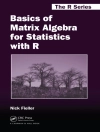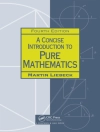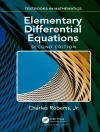This book illustrates the wide range of research subjects developed by the Italian research group in harmonic analysis, originally started by Alessandro Figà-Talamanca, to whom it is dedicated in the occasion of his retirement. In particular, it outlines some of the impressive ramifications of the mathematical developments that began when Figà-Talamanca brought the study of harmonic analysis to Italy; the research group that he nurtured has now expanded to cover many areas. Therefore the book is addressed not only to experts in harmonic analysis, summability of Fourier series and singular integrals, but also in potential theory, symmetric spaces, analysis and partial differential equations on Riemannian manifolds, analysis on graphs, trees, buildings and discrete groups, Lie groups and Lie algebras, and even in far-reaching applications as for instance cellular automata and signal processing (low-discrepancy sampling, Gaussian noise).
Daftar Isi
The shifted wave equation on Damek–Ricci spaces and on homogeneous trees.- Invariance of capacity under quasisymmetric maps of the circle: an easy proof.- A Koksma–Hlawka inequality for simplices.- A dual interpretation of the Gromov–Thurston proof of Mostow rigidity and volume rigidity for representations of hyperbolic lattices.- The algebras generated by the Laplace operators in a semi-homogeneous tree.- Surjunctivity and reversibility of cellular automata over concrete categories.- Pointwise convergence of Bochner–Riesz means in Sobolev spaces.- Sub-Finsler geometry and finite propagation speed.- On the boundary behavior of holomorphic and harmonic functions.- Constructing Laplacians on limit spaces of self-similar groups.- Some remarks on generalized Gaussian noise.- Eigenvalues of the vertex set Hecke algebra of an affine building.- A Liouville type theorem for Carnot groups: a case study.- Stochastic properties of Riemannian manifolds and applications to PDE’s.- Characterization of Carleson measures for Besov spaces on homogeneous trees.- Atomic and maximal Hardy spaces on a Lie group of exponential growth.- The maximal singular integral: estimates in terms of the singular integral.


